By Tony Mufarreh, Class of 2021 RSGA Epidemiology Representative
As the class of 2023 arrives on campus for the first time, there are a few principles you should be living by to help maximize your experince in grad school. Graduate school is unlike any other kind of education. It’s difficult, eye opening, and most likely directly related to your desired career path. For me, it opened doors I didn’t even know existed and gave me a more complete understanding of the field of health. That being said, grad school requires a unique set of skills in order to be successful. As a recent graduate of the Rollins School of Public Health, these are the pieces of advice I wish I had on day one at Rollins.
1. Don’t compare
One thing that I was unprepared to encounter, but which became one of my favorite aspects of grad school, is that people come from all walks of life. Some, like me, were fresh out of an undergraduate program, some worked for a year in a related field, and others have had entire careers under their belts.
Each student is therefore here for a unique reason. For me, I wanted a larger breadth and understanding of the field of public health to integrate as a future healthcare provider, therefore I structured my schedule with a variety of topical courses such as nutritional and obesity epidemiology. Others may spend their time deep in practical learning experiences, working year-round with a local public health agency to advance their careers. Others still are looking towards advanced degrees such as PhD or DrPH, so they find themselves in focused methodology courses.
We are all at a different stage in our careers and headed different directions, so it is nearly impossible and, more importantly, unproductive to compare one student’s journey to another. Something I wish I had been told from day one is to focus on your goals, spend your time where you deem fit, and you will be successful in your area. Learning this lesson early made a world of difference in my experience at Rollins.
2. Network(ish)
Networking has a few different connotations, but it is most often focused on ones professional presentation and a set of calculated strategies to build complex webs of colleagues. However, the reality is that ‘networking’ is not that different from making casual friends.
We’ve all probably heard how important networking is to finding a decent job or breaking into your field of interest. Starting graduate school, I was nervous about how to go about this. Something I didn’t realize is that networking isn’t that different from building any other relationship, and a friendship with a classmate can be just as valuable as a connection at a job. Your classmates can easily become co-authors on a research paper, partners on social justice and public health initiatives, or even just colleagues in the workforce. Many of my fellow graduates now work in the same divisions at companies — I’ve even collaborated with other students on my Applied Practice Experience (APE).
This also applies to professors and faculty. It won’t be long until you are working side-by-side in the real world, so it’s in your best interest to get to know them! Some of my favorite interactions with faculty were one-on-ones in their office (or virtually) chatting about their projects, their career paths, and even my aspirations in life.
The advice I would give to incoming first years who might be a little intimidated by networking at first is to treat networking as a synonym for making friends. Do this and you will find your network expanding exponentially with meaningful relationships.
3. Not your “thing”? Do it anyway
The umbrella of public health covers a plethora of fields: epidemiology, behavioral sciences, health policy, and environmental health just to name a few. It’s common for people to have their niche field or interest even before starting school. For example, chronic disease was my forte and the beginning of the program, and at that time, I was uninterested in exploring other fields.
As it turns out, this was a limiting attitude. The universe works in strange ways and often the best opportunities come your way when you least expect them. Infectious disease was definitely not my first choice, but when the COVID-19 pandemic first struck in the middle of my second semester, all hands were called to assist in testing sites, research, and attacking misinformation. Mixing my interest with chronic disease, I found myself on a research study regarding Long-COVID and its risks — and this eventually became my practicum experience.
Going into graduate school, one of the best tips I can give you is to keep an open mind when it comes to work opportunities. They may not come from traditional means or even your initial field of interest but may open more doors for you that you never even knew existed.
4. Keep everything
Information you learn in graduate school is different than anything you’ve previously studied. The difficulty may be slightly higher, but its relevance to your career is, too.
For this reason, I highly suggest you keep (and organize!) everything. Your lecture notes, handouts, homework assignments, textbooks, recommended readings — basically anything you receive in a course or lunch seminar, you should maintain a copy of. Right before we graduated, our cohort created a shared drive of notes and key documents from our core courses, and some continue to reference these in their new jobs. Personally, I use these for various summer projects for easy review!
While it may feel early to be preparing for your eventual career in public health, thinking about these things now will save you later. Everything you learn fom day one on is going to be relevant. Keep everything you can to reference in the future; you never know when you’re going to need to review biostatistics 101 (and you will, trust me).
Those are my 4 tips for being successful at Rollins: Don’t compare, Network(ish), Not your thing? Do it anyway, and Keep everything. Grad school is an amazing experience, full of intellectually challenging coursework, relevant work opportunities, and friendships that will last a lifetime. You will learn so much while you’re here and look back on your time as, for most of you, the beginning of the rest of your life.
Best of luck, if you want to network (i.e. make friends), you can reach me at mufant15 [at] gmail [dot] com.
 Anthony (Tony) Mufarreh, MPH (EPI 2021) is currently a first year MD student at Central Michigan School of Medicine. During his time at Rollins, Tony served as Rollins Student Government Association (RSGA) Epidemiology Representative.
Anthony (Tony) Mufarreh, MPH (EPI 2021) is currently a first year MD student at Central Michigan School of Medicine. During his time at Rollins, Tony served as Rollins Student Government Association (RSGA) Epidemiology Representative.
Featured Image by Braden Collum on Unsplash

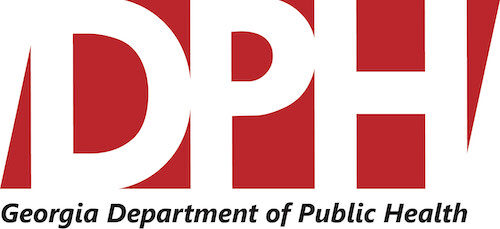

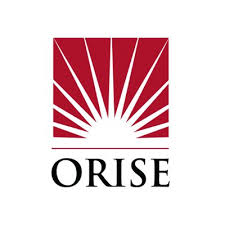
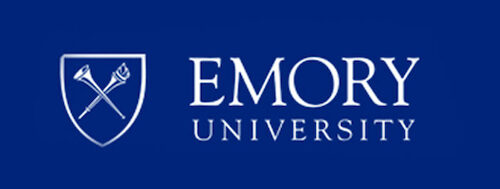

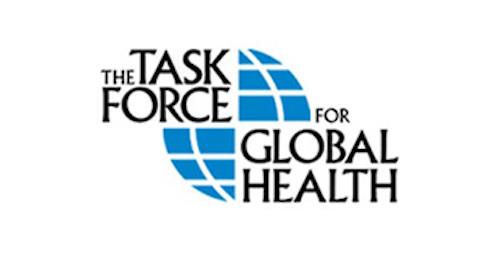

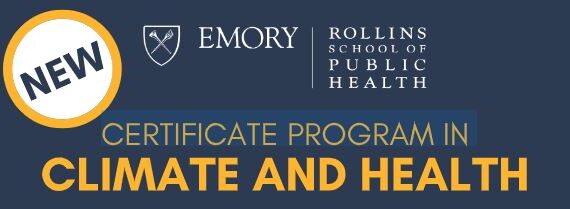
 Anthony (Tony) Mufarreh, MPH (EPI 2021) is currently a first year MD student at Central Michigan School of Medicine. During his time at Rollins, Tony served as Rollins Student Government Association (RSGA) Epidemiology Representative.
Anthony (Tony) Mufarreh, MPH (EPI 2021) is currently a first year MD student at Central Michigan School of Medicine. During his time at Rollins, Tony served as Rollins Student Government Association (RSGA) Epidemiology Representative.
Recent Comments